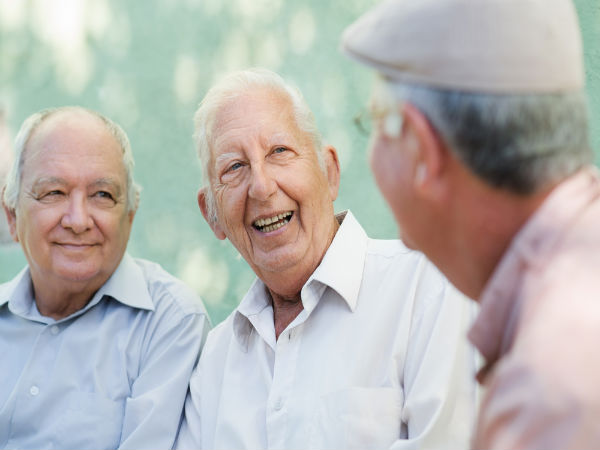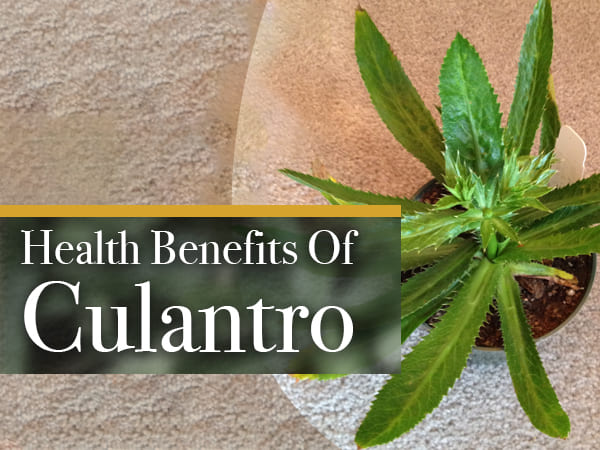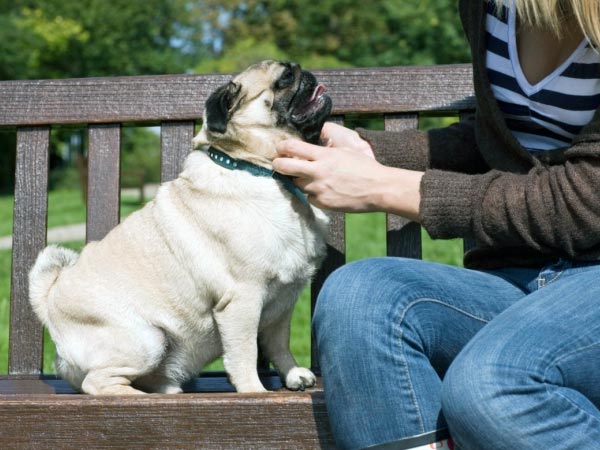
1. Dietary changes
There’s a direct link between eating healthy and slowing down or preventing Alzheimer’s. The best type of diet is Mediterranean diet as it shows a positive impact on improving memory and cognitive functions. [1]
It includes consumption of more fruits and vegetables along with legumes, herbs, spices, grains, healthy oils and seafood. Mediterranean diet excludes the intake of red.

2. Cognitive therapy
It includes everything that helps improve mental abilities and memory of a person. According to the severity of Alzheimer’s, various arithmetic problems, image recognition techniques and exercises are suggested. Puzzles and words memorisation are also given for practice every day.
A reality orientation training is approached in which people with Alzheimer’s are given basic knowledge about their names and orientation of date, time, door signs and calendars.
 How To Protect Older People From The Risk Of Coronavirus
How To Protect Older People From The Risk Of Coronavirus

3. Social interaction
Social interaction is considered important as it brings joy and happiness and improves the quality of life. As Alzheimer’s mainly hits at old age, taking care and helping these people to enjoy things makes a big difference and cause improvement in their condition.
Communication also declines which is important to maintain social interaction. At these times, one should make an effort to interact with other practical things such as dancing, preparing meals together, writing letters or making coffee. [2]

4. Emotional approach
It includes approaching their feelings as they find it quite difficult to share emotions or values. The emotional approach involves creating an environment in which they can feel a sense of care and closeness and easily talk about their feelings.
The environment should also make them feel comfortable, understood, safe and acceptable. For example, a person with Alzheimer’s may drink tea many times a day, thinking that they had not drank it before. One must help them to set a time to drink tea like 7 in the morning and again at 5 in the evening. This will help them remember the timings well.
READ RELATED: Akash Thapa Height, Weight, Age, Body Statistics
 What Is Culantro? Health Benefits, Side Effects And Recipes
What Is Culantro? Health Benefits, Side Effects And Recipes

5. Herbal Therapies
Several herbal medicines such as Ginkgo biloba, caprylic acid (made by coconut oil), huperzia serrata and fish oil have a long history of helping people with cognitive inabilities, memory problems and speech problems, all symptoms of Alzheimer’s. [3]
Other natural compounds such as vitamin E, turmeric and coral calcium are also considered useful. They often come in the form of supplements and are very helpful in improving the condition. However, one must consult a medical expert before starting on these supplements.

6. Alternative Methods
- Acupuncture: It helps enhance the functionality of neurotransmitters and improves signal transmission between the mind and the body. It also helps in strengthening the learning and memory ability and decreasing the oxidative damage to the body.
Overall, acupuncture helps in increasing the activity of prefrontal and temporal lobe which is related to cognitive functions and memory. Acupuncture is an inexpensive treatment method for people with Alzheimer’s. [4]
- Aromatherapy: This non-pharmacological therapy helps to control the anxiety, nervousness, aggression and psychotic symptoms. It includes the usage of essential oils extracted from aromatic plants, especially lemon balm and lavender.
In a placebo-controlled study, it was found that massaging with lemon balm twice a day for four weeks has improved the agitation in Alzheimer’s patients without any significant side effects. On the other hand, lavender oil shows analgesic activity when inhaled as steam. [5] Another study proves aromatherapy to improve the cognitive function. [6]

What Are Complementary Therapies?
Complementary therapies are a side approach to treat a condition along with medical care. They include:
- Music therapy: Brain areas linked to musical memory often remains unaffected by Alzheimer’s. This therapy provides emotional benefits and reduces cognitive decline. [7]
- Art therapy: It seeks attention and provides pleasure to Alzheimer’s patients. It also helps improve neuropsychiatric symptoms and social behaviour. [8]
- Laughter yoga: This therapy provides aerobic workout and releases the happy hormones which help reduce stress and anxiety.
- Pet therapy: Pets such as dogs, birds and fish help bring companionship, fun and unconditional love to Alzheimer’s patients and reduce their loneliness and depression.
- Spiritual care: It facilitates emotional well-being and good health.

To Conclude:
Alternative or non-medical treatments are beneficial, somewhat necessary to help people with Alzheimer’s. However, they can’t treat the disease. These methods are helpful as supportive care and not as a primary treatment method for the condition. Alzheimer’s is treated best when different methods are included.
Source: boldsky blog



 15 Indian Spices And Their Amazing Health Benefits
15 Indian Spices And Their Amazing Health Benefits




